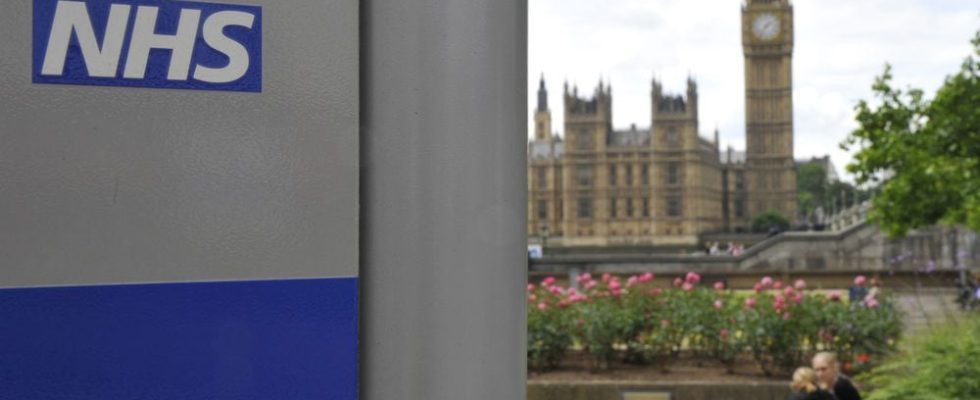Thousands of people are dying needlessly from cancer in the UK. This is what the organization says Cancer Research UK in a report published Tuesday, November 28. His observation: Great Britain is lagging behind in terms of patient survival rates. Certainly, the study highlights the great progress made, but the picture remains gloomy compared to other countries. The cause: the slowness and delay of diagnosis, associated with treatment delays. All these factors suggest a slowdown in the progress made. While the legislative elections will take place in January 2025, the organization is sounding the alarm… And taking the opportunity to propose a road map to the government.
The stakes are high: around 20,000 deaths could be avoided each year in the United Kingdom by 2040 if the government adopted a bold new plan to fight this disease, criticizes Cancer Research UK. So far, rankings compiled by international researchers show that the UK has the worst survival rates for five out of seven forms of cancer, compared to other countries including Australia, Canada, Norway, Denmark, Ireland and New Zealand.
The association draws a comparison with Denmark, which advanced at the same pace as the United Kingdom before falling behind it “thanks to consistent funding and long-term cancer control strategies”. Hence the need to accelerate initiatives on patient care. “Investment in prevention, staff, equipment and facilities in the NHS is needed to reverse the trend,” lists Cancer Research UK. In other words, emphasis should also be placed on screening programs, on improving the diagnosis of symptomatic patients and reducing treatment inequalities.
A shortage of professionals
But how can we explain that our British neighbors are so far behind? First explanation: the NHS (the National Health Service, the British public health system) has suffered years of austerity and Covid-19 has also been there. The epidemic, which has severely affected the country, has aggravated the significant gaps in the care of British patients. Many patients are waiting for care and their chances of survival are lower than elsewhere. As GPs affiliated with the NHS find themselves underwater, they are favoring consultations by telephone. In September 2021, 40% of meetings took place remotely, recall our colleagues from World.
But the situation before the pandemic was already not excellent: between 2010 and 2014, according to the latest international comparison carried out by the Organization for Economic Cooperation and Development (OECD), the survival rate five years after a diagnosis of cancer of the colon was 60% in England and Wales, compared to 70.6% in Australia or 67.9% in Belgium.
“The problem of late stages is significant,” Cancer Research UK said. Nearly half of all cancer patients are diagnosed at stages 3 and 4. They have a poor prognosis compared to those at stages 1 and 2.” In order to improve the monitoring of cancer patients, it We need to swell the ranks of staff and recruit 16,000 additional full-time individuals in the field of cancer by 2029. For example, to better treat lung cancer, the country will need more radiologists or thoracic surgeons. also more equipment: the United Kingdom does not have enough scanners: only nine per million inhabitants, half as many as in France, according to OECD data in 2020.
The idea of a national cancer council
Cancer Research UK’s report concludes that funding is needed to close a £1 billion research gap over the next decade. She points to an important contradiction: the fact that the proportion of cancer research funded by government was the lowest of all major diseases, “while being among the highest morbidity costs”.
Furthermore, the association encourages the creation of a national cancer council, under the responsibility of the Prime Minister. For its part, the NHS has already set a target of diagnosing 75% of cancers at early stages 1 or 2 by 2028. But here too, Cancer Research UK has warned that this target will not be achieved. For the organization, “cancer is the defining health problem of our time.”
